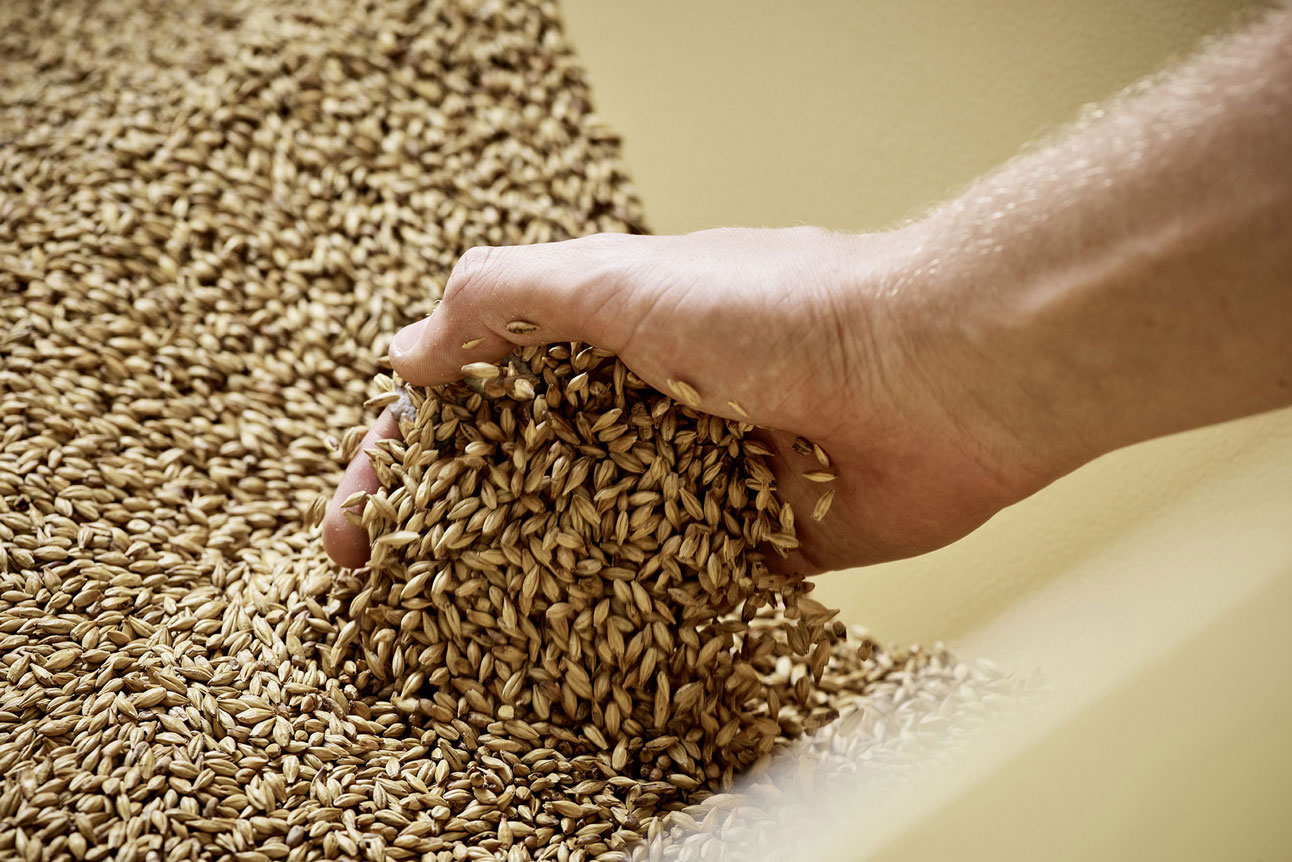As a result of climate change, the energy sector has been undergoing a series of transformational processes. Austria is a technological pioneer in the field and a global provider of the most innovative solutions. A large proportion of the electricity produced here is generated using renewable fuels and Austria is second to no other EU country in the importance accorded renewable energy: the EU average is 32%, but in Austria it has reached 75%.
Hydrogen is considered a key technology in this energy revolution, and no wonder – it is produced locally and absolutely carbon-free. As a safe and eco-friendly energy source, it is also becoming increasingly important in the rail sector; production is relatively simple as the entire potential of renewable energy sources can be tapped to create it.
Some 25 years ago, Linsinger Maschinenbau, a traditional Austrian company, produced a global innovation in the shape of its first rail milling train. These locomotives are now being equipped with hydrogen fuel cells (another global innovation), thus banishing, the diesel motor, the last great polluter, from the tracks.
Linsinger has set itself the goal of being part of the energy revolution and making an active contribution for future generations. The advantages of these “green” hydrogen fuel cells are obvious: while the locomotives are still more expensive than diesel-powered ones, they represent a considerable improvement in underground tunnels in particular, not just from an ecological point of view but also as a significant relief for the operating crew. The new machinery is emission-free and less noisy.
Linsinger has established itself as a global player and its order books are full to bursting; the approximately 500 employees working for the company are projected to turn over some EUR 78 million this financial year. Besides railway technology, metal cutters and milling machines that are also used in shipbuilding and toolmaking each make up a third of its turnover.


